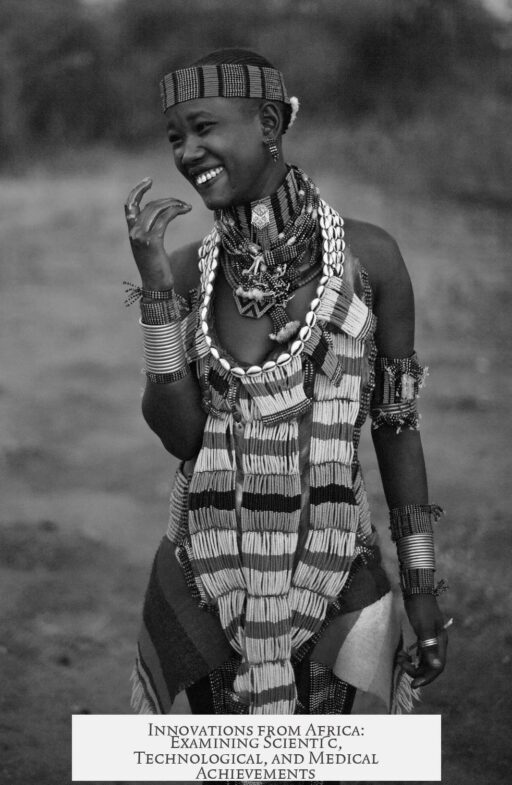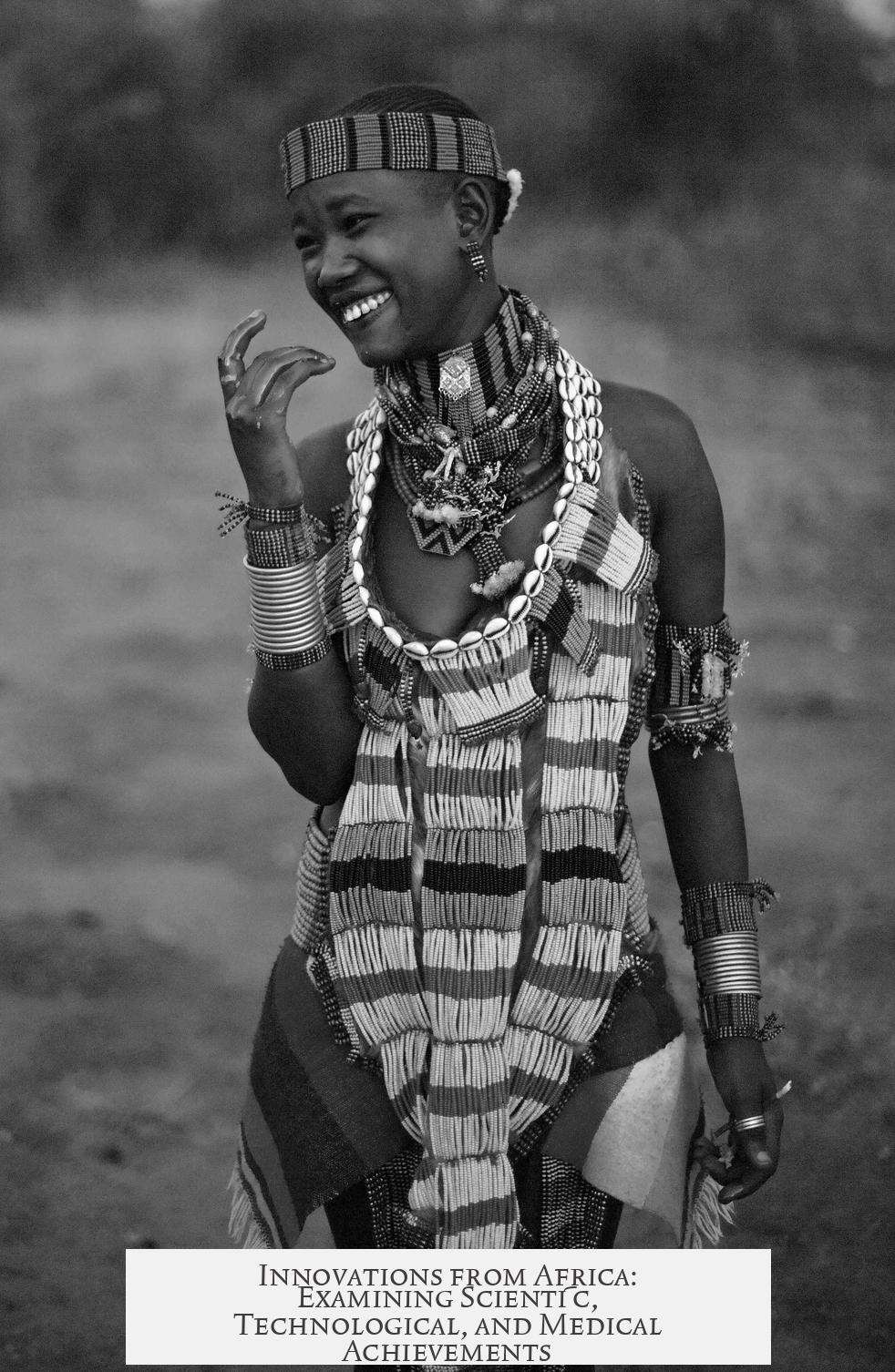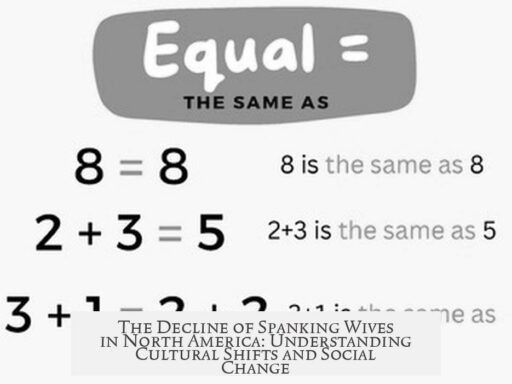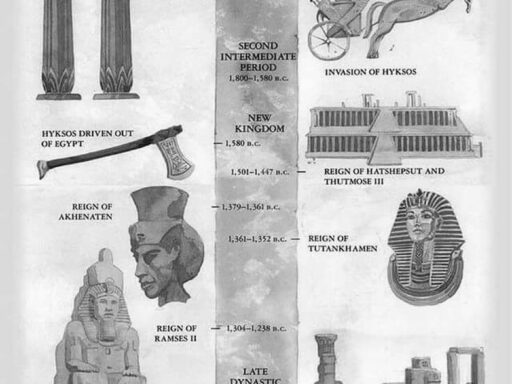African innovations span ancient to modern times, influencing science, technology, medicine, culture, and social movements globally. Early African civilizations laid foundations in metallurgy, agriculture, and mathematics that still resonate. East African technological advances shaped maritime trade, while medical achievements like the first human heart transplant mark significant milestones. Africa’s contributions to literature, philosophy, and environmental activism continually inspire worldwide progress.
Ancient African societies made many notable advances. Egyptians, Nubians, and Aksumites developed early agricultural cross-fertilization techniques. The Sahelian empires refined ironworking and metal technologies during the Middle Ages. The Benin Kingdom is famous for sophisticated bronze sculptures and metallurgy from the 16th century. West African agronomy featured advanced farming methods that may have influenced agriculture in the Americas via the transatlantic slave trade.
Mathematics in Africa also contributed substantially to global knowledge. Fibonacci, born in Italy but educated in Algeria, introduced the Arabic-Hindu decimal system to Europe through his 1202 publication Liber Abaci. This helped replace Roman numerals, shaping modern arithmetic. Sub-Saharan African native mathematical ideas, including early concepts akin to zero and fractals, underlie many contemporary numeric systems and computer logic.
Technological innovations include the dhow ship, perfected on Africa’s East Coast. The dhow features triangular sails and deep bows, capable of navigating the rough seas and monsoon patterns of the Indian Ocean. African traders and sailors used this design extensively, particularly in the Omani Sultanate of Zanzibar, enabling critical trade links across coastal East Africa and the Arabian Peninsula.
In medicine, South African doctor Christiaan Barnard performed the world’s first successful human heart transplant in Cape Town in 1967. This groundbreaking operation marked a major leap forward in cardiovascular surgery and transplant medicine globally.
African literature and philosophy offer unique cultural innovations. Writers like Ngugi wa Thiong’o blend traditional African oral forms with modern narratives. Ngugi advocates abandoning colonial languages in favor of native ones, reflecting deep cultural reclamation. The Francophone concept of negritude reinvigorated black identity and empowerment across Africa and the diaspora. Figures such as Frantz Fanon profoundly influenced anti-colonial thought and activism. South Africa’s Black Consciousness Movement, led by Steve Biko, pioneered strategies for psychological and political liberation under apartheid.
Environmental activism also features strong African leadership. Nobel Laureate Wangari Maathai founded the Green Belt Movement to mobilize rural Kenyan women in planting trees to stop deforestation, combat soil erosion, and improve livelihoods sustainably.
Modern African innovations include:
- M-Pesa: A Kenyan mobile banking system revolutionizing financial access across Africa.
- Ushahidi: Kenyan crowd-mapping software to monitor crises and elections.
- Ubuntu: A globally popular Linux operating system developed by the South African company Canonical.
Musically, Africa is the root of blues, which shaped jazz, rock, R&B, and hip-hop worldwide. African-American slaves preserved African rhythms and sounds, laying the foundation for modern popular music genres.
| Area | Notable African Innovation |
|---|---|
| Ancient Agriculture | Cross-fertilization by Egyptians, Nubians, Aksumites; advanced West African agronomy |
| Mathematics | Fibonacci’s decimal system from Algeria; Sub-Saharan fractal math concepts |
| Technology | Dhow ship perfected on East African coast |
| Medicine | First human heart transplant by Christiaan Barnard (1967) |
| Philosophy & Literature | Negritude, Black Consciousness, Fanon’s anti-colonial philosophy, Ngugi wa Thiong’o’s literary methods |
| Environmental Activism | Green Belt Movement led by Wangari Maathai |
| Modern Tech | M-Pesa mobile banking, Ushahidi crowd-mapping, Ubuntu Linux OS |
| Music | Origins of blues and modern popular genres |
Key takeaways:
- Africa’s ancient civilizations pioneered metallurgy, agriculture, and mathematical concepts foundational to global progress.
- African-led medical breakthroughs include the first successful heart transplant.
- Literature and philosophy innovations fostered new cultural identities and political movements.
- Modern African technological advances like M-Pesa and Ushahidi improve financial and social systems today.
- Africa’s musical heritage underpins a wide swath of global popular music.
What Significant Scientific, Technological, Medical or Other Innovations Have Come Out of Africa?

When asked, what significant innovations have come out of Africa? the answer is not only a confident “plenty,” but a rich tapestry stretching from ancient civilizations to modern breakthroughs. Africa’s contributions often blend scientific, technological, medical, literary, and cultural inventions that shape the world. Let’s embark on a journey uncovering these gems.
Ready to challenge your assumptions and learn about some inspiring African ingenuity? Let’s dive in.
Ancient Innovations: Foundations Built Millennia Ago
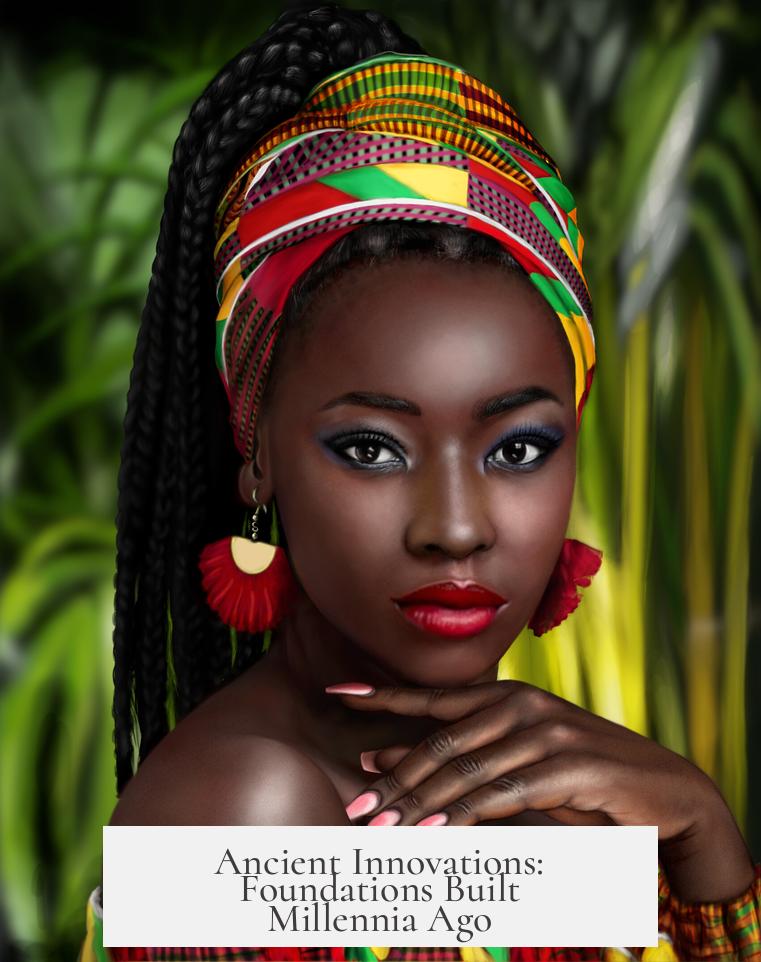
Africa’s ancient civilizations were masters of innovation long before the modern era. Take the Egyptians, Nubians, and Aksumites, who pioneered new cross-fertilization processes. This agricultural leap helped advance crop production in harsh climates, showing early mastery in harnessing nature.
Meanwhile, the Sahelian Empires, flourishing in the Middle Ages, refined metallurgy, mastering iron working that supported powerful armies and complex tools. At the same time, the kingdom of Benin was turning heads with remarkably sophisticated bronze sculptures around the 16th century. Their craftsmanship wasn’t just art; it was advanced metallurgy and casting technology.
Not to forget West Africa’s agronomy, which involved innovative farming techniques that contributed to the rapid spread of agriculture worldwide, especially as enslaved Africans carried that knowledge across the Atlantic. Ancient African agricultural wisdom was far from static: it was dynamic and influential globally.
Mathematical Marvels Rooted in Africa
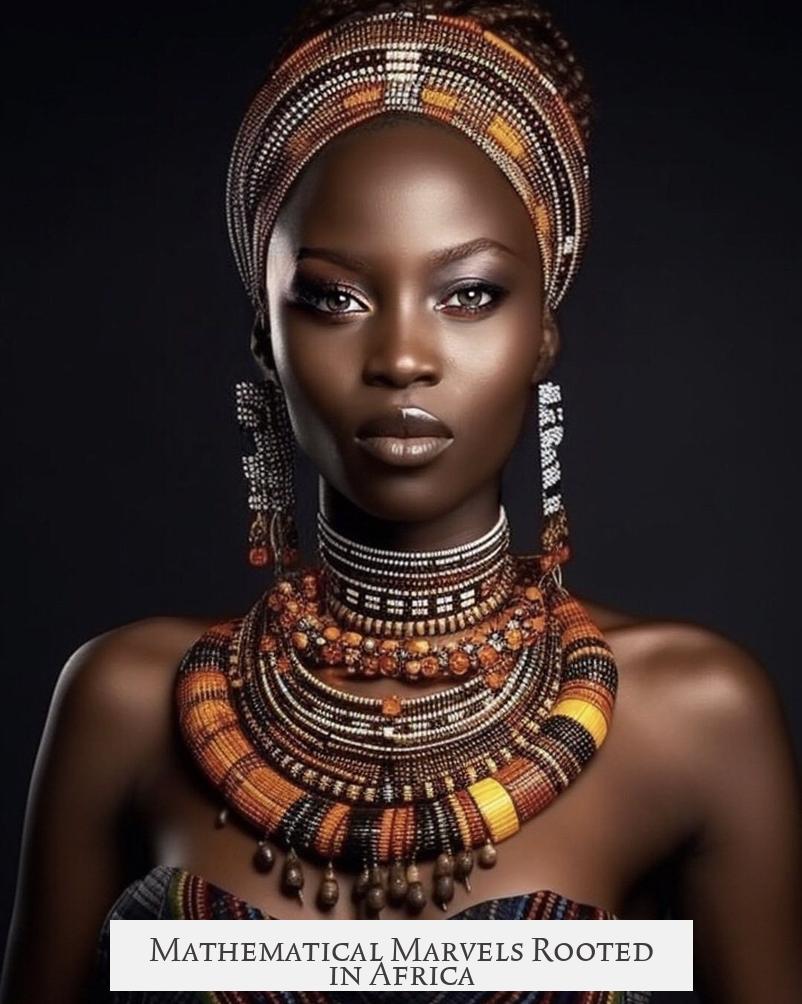
Yes, math lovers, Africa had its day here too. Ever heard of Fibonacci—the man who introduced modern arithmetic to Europe? It’s intriguing that although he was born in Italy, Fibonacci was raised in what is today Algeria. There, he absorbed Arabic-Hindu math concepts before publishing Liber Abaci in 1202. His book introduced the decimal system and put Roman numerals on notice.
But African mathematical brilliance doesn’t stop here. Many numeric ideas, including the concept of zero, trace roots to Sub-Saharan African systems. These ideas laid intellectual groundwork that powers today’s computers, suggesting a surprisingly deep African contribution to digital technology.
Technological Ingenuity That Stood the Test of Time
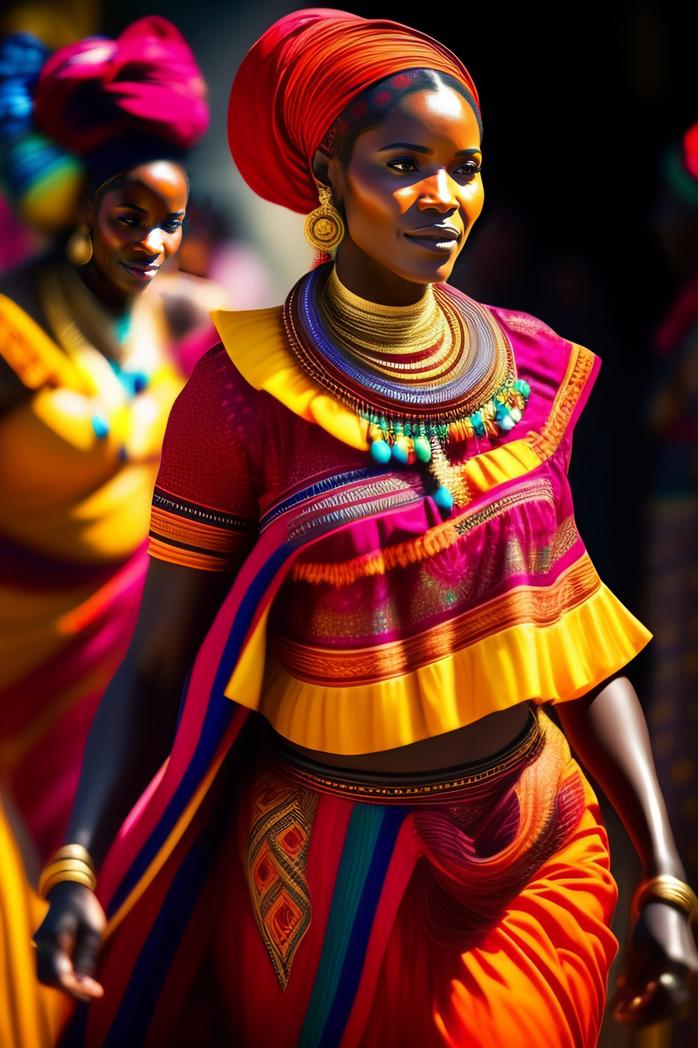
Africa’s technological legacy also includes the iconic dhow ship. Though its origins lie in the Arabian Peninsula, East African traders perfected this vessel. With a triangular sail and deep bow, dhows handle rough monsoon seas like pros. Vital in the Omani Empire and the Zanzibar Sultanate, dhows were not just boats; they were lifelines for commerce and connection across the Indian Ocean from January to May each year.
Medical Breakthroughs from the Continent
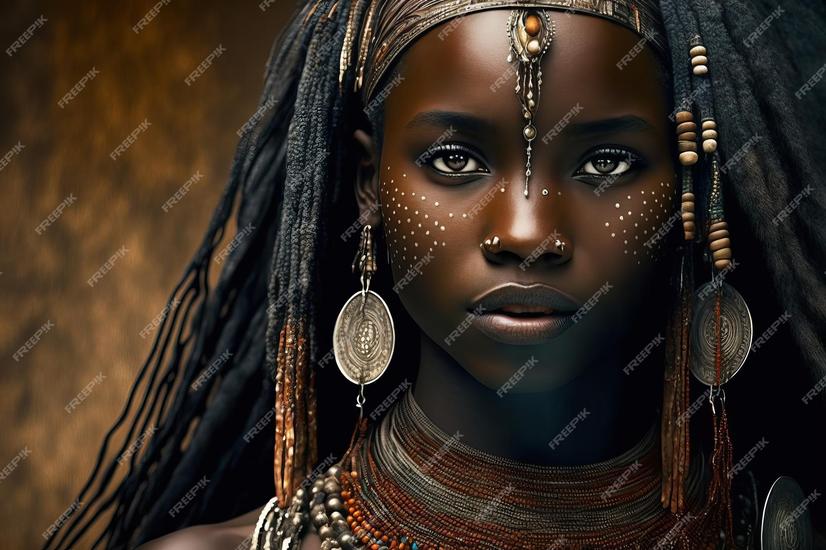
Medical history shines brightest with South African surgeon Christiaan Barnard, who pulled off the world’s first successful human heart transplant in 1967. Imagine the precision, courage, and innovation needed for that feat. The operation was a global milestone, forever putting South Africa on the map of medical innovation.
Literature and Philosophy: The Intellectual Heartbeat of Africa
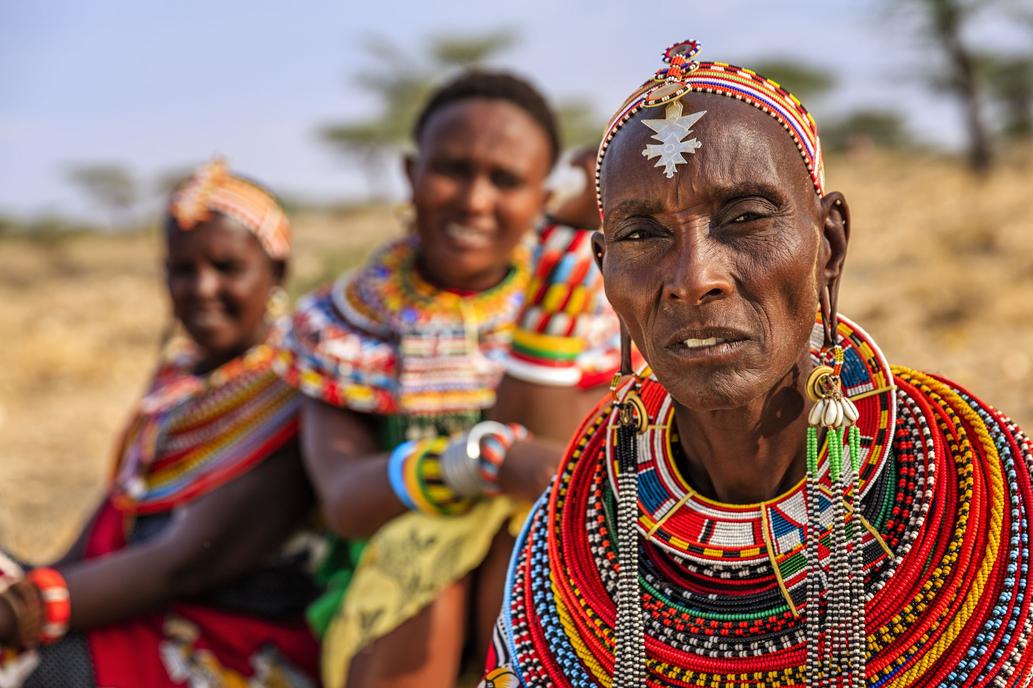
Africa’s contributions aren’t all hardware and calculations; the continent pulses with unique literary and philosophical life. The works of Kenyan author Ngugi wa Thiong’o revolutionized literature by blending traditional songs, dances, and radical political thought. His open rehearsals with audiences reveal how storytelling can involve communal shaping, not just solitary creation.
For a splash of Francophone flavor, consider negritude, a philosophy celebrating black identity and pride. This movement carved fresh spaces for black self-empowerment worldwide. Then there’s Frantz Fanon, whose writings on colonialism and race influenced liberation activists across Africa. Fanon’s psychoanalytic lens was one of the 20th century’s most radical.
Adding punch, South Africa’s Black Consciousness Movement, led by activist Steve Biko, sparked transformative ideas of self-reliance and black awareness. Their message wasn’t just political; it was a profound intellectual revolution challenging apartheid’s white hegemony.
To widen the picture further, the Haitian Revolution—rooted partly in African heritage—can claim historic significance, inspiring European philosophers like Hegel to rethink history’s drivers. The revolution reshaped ideas that influenced Marxism, offering a compelling argument for Africa’s indirect yet powerful role in global political thought.
Environmental Leadership and Social Innovation
Fast forwarding, Africa continues innovating through its grassroots movements. Nobel Peace Prize-winner Wangari Maathai founded the Green Belt Movement in Kenya, mobilizing rural women to plant trees as anti-deforestation, income-generating, and soil-protection strategies. This movement proves sustainability is not just a buzzword but a practical solution deeply rooted in African community life.
Modern Technological Innovation: Africa as a Digital Pioneer
Africa’s tech scene hums loudly today. Ever used M-Pesa? This mobile banking system originated in Kenya and revolutionized financial inclusion for millions lacking traditional bank access. It’s a stellar example of technology meeting urgent social needs.
Then there’s Ushahidi, a Kenyan startup founded to map crisis events through crowdsourcing, enabling faster humanitarian response. Meanwhile, Ubuntu, the Linux software distro powered by South Africa’s Canonical, led the way in bringing open-source, user-friendly software to the global stage, emphasizing inclusiveness and community sharing—values deeply African in spirit.
Musical Innovations: The Afro-Beat of Modern Music
You might be surprised to learn that the roots of blues music, the DNA of jazz, rock, R&B, and hip-hop, lie in West Africa. African rhythms and sounds traveled with enslaved people to America, becoming the backbone of nearly all popular music in the United States. So, every toe tapped and head bobbed in those genres ties back to African musical soulfulness.
Why Should We Care About African Innovations?
Well, understanding African innovations reshapes global narratives. It reveals a continent brimming with invention rather than just challenges. These innovations show practical solutions—like M-Pesa’s financial inclusion or Wangari Maathai’s environmental activism—responding to local needs with global impacts.
It also combats stereotypes that diminish Africa’s intellectual and creative prowess. Recognizing African roots in math, medicine, philosophy, and arts gives the continent its deserved place in global history.
Want to Explore More?
- Look up the history of Fibonacci and his African connection through Algeria and Arabic-Hindu math.
- Read Ngugi wa Thiong’o’s plays and essays to experience African storytelling innovation firsthand.
- Listen to original African rhythms and trace their influences in your favorite modern music genres.
- Explore how the Green Belt Movement shaped environmental activism worldwide.
- Try out Ubuntu Linux and see how community spirit and technology go hand in hand.
By diving deeper into Africa’s innovations, one gains a richer appreciation of how this continent has contributed to—and continues to shape—our modern world.
In Closing
Africa’s story in innovation is vast and vibrant. From ancient agricultural techniques and metallurgy to Fibonacci’s math lessons soaked up in Algeria, from boundary-pushing philosophy to lifesaving medical firsts, from dynamic environmental movements to game-changing mobile tech and musical legacies, Africa proves to be a wellspring of creativity and progress.
So next time you tap your phone, hum to the blues, or marvel at medical miracles, remember that Africa’s innovations are woven into the very fabric of your daily life. How’s that for a legacy?
